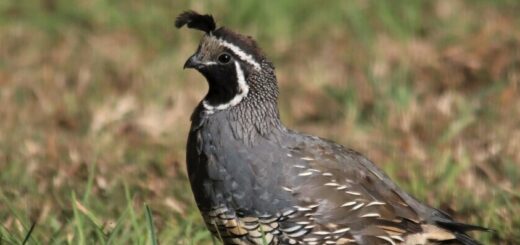Do Bugs Sleep? Unveiling The Mysteries Of Insect Slumber
In the vast and intricate world of insects, where every flutter and buzz seems purposeful, one might wonder: do bugs sleep? It’s a question that sparks curiosity about the lives of these tiny creatures that coexist with us on this planet. To understand whether insects engage in sleep-like behaviour, we delve into the fascinating realm of entomology, exploring the behaviours, mechanisms, and adaptations of these miniature marvels.

Exploring Insect Sleep Patterns:
Insects, with their diverse species and habitats, exhibit a range of sleep patterns. While they may not experience sleep in the same way humans do, many insects display periods of rest or inactivity. For instance, bees and wasps often stay inactive during the night, conserving energy for their daytime activities of foraging and pollinating. Similarly, butterflies and moths may roost in sheltered spots during the night, resembling a state of rest.
Understanding Sleep in Simple Organisms:
The question of whether bugs sleep also leads us to consider simpler organisms like fruit flies and cockroaches. Studies have shown that fruit flies have sleep-like behaviours, including periods of reduced activity and increased arousal thresholds, akin to the characteristics of sleep in mammals. Cockroaches, on the other hand, display a quiescent state, suggesting a form of rest but without the deeper sleep stages observed in more complex organisms.
Neurobiological Insights into Insect Rest:
To unravel the mysteries of insect sleep, researchers have turned to neurobiology. Studies on fruit flies have revealed the involvement of neurotransmitters and specific neural circuits in regulating sleep-like states. These findings shed light on the underlying mechanisms of rest in insects, highlighting the intricate interplay between genetics, brain function, and environmental cues.

Adaptive Functions of Insect Rest:
While the exact purpose of insect rest remains a subject of scientific inquiry, researchers propose several adaptive functions. Rest periods may facilitate memory consolidation, energy conservation, and thermoregulation in insects. Additionally, resting behaviours may serve as strategies to avoid predators or adverse environmental conditions, enhancing survival in diverse habitats.
Conclusion:
In the quest to understand the intricacies of insect life, the question of whether bugs sleep unveils a fascinating journey into the realm of entomology. While insects may not slumber in the same way humans do, they exhibit behaviours suggestive of rest and inactivity. Through interdisciplinary research spanning neuroscience, ecology, and behaviour, scientists continue to unravel the mysteries of insect sleep, offering insights into the evolution and adaptation of these remarkable creatures.
FAQs:
Q: Do all insects sleep?
A: While many insects exhibit periods of rest or inactivity, the extent and nature of sleep-like behaviours vary among species. Some insects, such as bees and butterflies, display clear patterns of rest, while others, like certain types of beetles, may have more subtle sleep-like behaviours.
Q: How do scientists study insect sleep?
A: Scientists use various techniques to study insect sleep, including behavioural observations, electrophysiological recordings, and genetic manipulation. These approaches help researchers understand the neural and genetic mechanisms underlying sleep-like behaviours in insects.
Q: What are the implications of studying insect sleep?
A: Studying insect sleep provides insights into fundamental questions about the nature of sleep and its evolutionary origins. Additionally, understanding insect sleep patterns has practical applications in agriculture, pest control, and conservation efforts, informing strategies to manage insect populations and preserve biodiversity.
Thanks for reading! If you liked this article please leave us a comment and check out some of our others! Have a specific query you want answered? Shoot us an e-mail at contact@commoncuriosities.com
Looking for some further reading? Check out the articles below!




